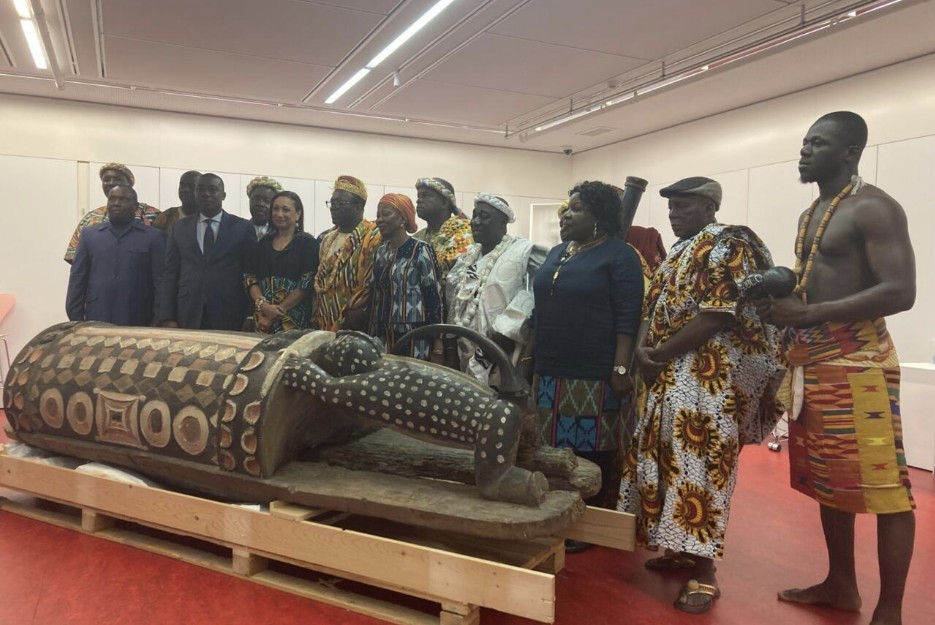Kurdistan: a lost cause?
- Aneesa Saadat
- Jun 5, 2023
- 4 min read
Updated: Jul 1, 2023

Being one of the largest ethnic groups in the world without a state, the Kurds have long been fighting for a nation to call their own. This fight for autonomy has raged since the days of the League of Nations, but little change has occurred. This group has been teased, abused and ignored.
The Kurds had a taste of autonomy in 1920, following the Treaty of Sevres, which gave them the right to form a state. Carved out of the remains of the fallen Ottoman Empire, Kurdistan was hypothetically placed in the east of modern-day Turkey. However, the Treaty of Lausanne 1923 reclaimed the territory of Turkey as a whole for the Turkish state, leaving a diaspora of Kurds across Iraq, Iran, Syria and Turkey.
Chapter I, Article 2 of the UN Charter states first and foremost the self-determination of peoples. If such is the case, why does a Kurdish state not exist?
To be able to establish a state through negotiation, the Kurds need to have bargaining power. However, it is clear that the countries in which the diaspora resides are less than willing to cooperate. Turkey has outstandingly expressed their unwillingness, even banning the word ‘ Kurd’ , alongside the Kurdish language and cultural references from 1946 till 1991.
Turkey has also instituted a program of genocide as defined in the UN Convention on the Prevention and Punishment of the Crime of Genocide. Articles 2 (a) – killing members of the group- and 2 (e)- forcibly transferring children of the group to another group- acts that constitute genocide in the Convention have both been carried out by Turkey.
In total, an estimated forty-thousand Kurds have been killed in the Turkish conflict, with its government continuing to carry out genocide not just in Turkey, but also Iraq and Syria.
Is Turkey the only country stripping the Kurds of their right to form a state?
Iran
Iran has approached the Kurds in a passive, yet oppositional manner. Iran, in comparison to Turkey, has not employed the same level of violence, however it has still remained opposed to the formation of Kurdistan.
While there has been past violent repression in Iran, in the present there is a low-level Kurdish insurgency, with the Iranian government suppressing Kurdish rights through the removal of religious rights, rather than through violence.
Sunni-Islam is the main religion of the Kurds in Iran and whilst the sect of Sunni Islam is recognised, there is not a single Sunni mosque in Iran. The Shia-Islam sect is instead encouraged, overall restricting the rights of Kurds to exercise their Sunni religious rights.
The Kurdish-Iranian conflict has been ongoing since 1918 when Reza Shah Pahlavi emerged in Iranian governments in opposition to the formation of a Kurdish state.
Syria
Having crossed borders to escape Turkish persecution, Syrian Kurds make up about ten percent of Syria’s population. The Kurds chose to remain in their fight for a Kurdish state during the Syrian Civil War in 2011, becoming an oppositional force to the Islamic State insurgence in 2014. With the growth of pan-Arab nationalism, the Kurds as a non-Arab group were excluded from Syrian national politics, becoming outcasts.
Due to their segregation from Syrian society, the Syrian Kurds aimed to achieve a Kurdish state in Syria, ‘Rojova’, creating a greater Kurdistan. However, to date the Kurds are yet to establish a formal state.
Starting with exclusion from anti-Assad opposition meetings, to violent conflicts, the Kurds have been treated like refugees in Syria, with an estimated 16 million people combined having been displaced from Syria and Iraq.
Iraq
In Iraq Iraqi Kurds have faced intense rights violations and ethnic cleansing. From 1968 to 2003 the policy of ‘Arabization’ occurred, forcing the Kurds to assimilate into the Iraqi-Arab ethnic group. Article 140 of the 2005 Iraqi constitution promised a definite territory division for the Kurds, giving them their own Kurdish-recognised city.
After falling short on this promise that there would be a jurisdiction of the Kurdish Regional government in Kurdish areas by 2007, the Kurds have since been fighting for not only their right to governance, but also basic human rights.
Given the assimilation of Kurds in neighbouring states, is a Kurdish state needed, or even, wanted?
With the large diaspora of around 45 million Kurds in Turkey, Iran, Iraq and Syria, the notion of an autonomous state has become further and further away from being attainable. In the Journal Article ‘Autonomy and Positionality in Diaspora’, academic Maria Koinova argues that autonomy becomes less of a reality the further assimilation occurs in the diaspora.
A Kurdish state is certainly still wanted by many, however with the growing nature of becoming accustomed to life in neighbouring states, accompanied by overwhelming political and social repression, the need is lessening every day.
Is the fight for a Kurdish state a lost cause?
Whether or not Kurdistan can be established, is a matter of the political power and international support that Kurdish groups can amass. With the support of multilateral organisations such as the United Nations, which has not been significantly helpful, the Kurds may be able to form their own state. However, this can be only attained through the establishment of Kurdish unity through political stability and power. This power would need to be not only from a military standing, but greater political power through greater freedoms, and social power through recognition. Without power, the fight for a Kurdish state would indeed be a lost cause.





Comments